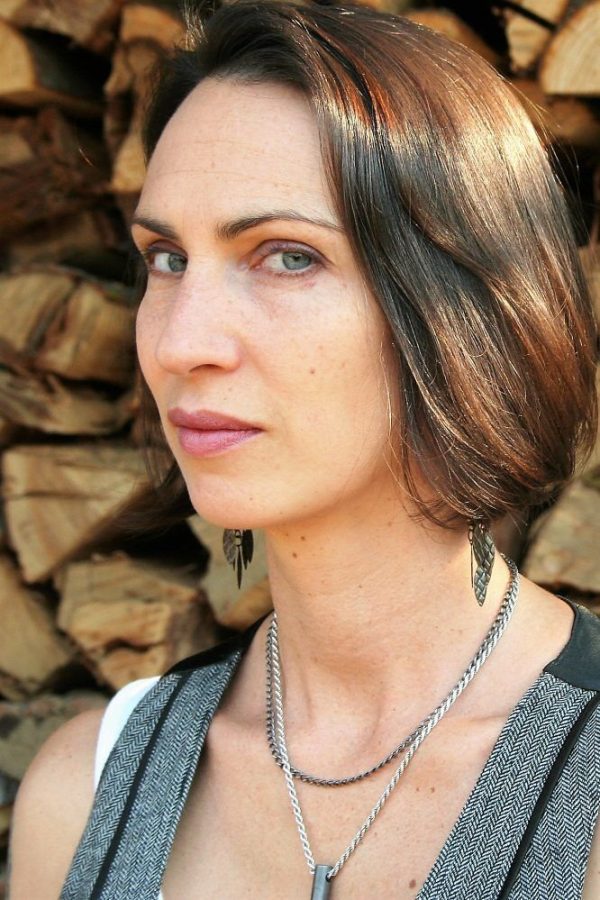Military Vets Share Dark Truths About Media Propaganda and America’s War Machine
A Journalism Speaker Series talk on April 18 focused on mass media propaganda in America’s wars, featuring two veterans — Diablo Valley College journalism professor Rosa Leither and high school Spanish teacher Eddie Falcon — who shared their military experiences and revealed dark truths about the recruitment process.
The event aimed to shed light on overlooked and under-covered aspects of the U.S. invasion of Iraq and the way that young recruits — and Americans at large — were deceived by Washington and the media following Sept. 11, 2001.
Professor Leither (formerly del Duca) described how she had joined the Army National Guard at the age of 17 while still in high school in Montana.
Her family had been on and off welfare, and she was told that joining the military was a way to secure her future. “Barely a part-time job,” was how one recruiter put it to her.
Leither ended up joining the military the year before 9/11, and recalled starting her freshman year of college in the Bay Area when the attacks happened.
“I was super young and naive,” she said. “I didn’t think that [it] would affect me.”
Nevertheless, it did. Leither was on track to be sent like thousands of other National Guard members to Iraq. But she didn’t agree with the way the war was being waged, through misinformation, and the people she saw being destroyed in the process.
“Civilians were being terrorized and hurt,” she said.
As a result, Leither became a conscientious objector to what she considered an unjust war. She tells that personal story in her book, Breaking Cadence: One Woman’s War Against the War.
“We haven’t been in a just war since World War II,” she said.
Leither also talked about “moral injury” and the way PTSD impacts veterans physically, as well as mentally. “Eddie and I feel like we need to be the reminders of what happened,” she said.
Eddie Falcon grew up in Los Angeles and said he joined the military at the age of 17 to escape the substance abuse and gang violence around him.
He viewed the Air Force as his way out, and quickly found himself doing rotations in Afghanistan. His duties included transporting prisoners and strapping suspected terrorists to the floor with bags over their faces.
“I live with guilt for the actions I participated in,” Falcon said.
The speakers’ accounts revealed the dark side of America’s wars and how they affected people’s lives — not just those who fought in them, but the hundreds of thousands of innocent people who suffered as a result.
Their personal experiences showed how mass media propaganda can shape public opinion and why it’s important for people to question the narrative the government presents through the media.
As the U.S. this spring passed the 20-year mark following the invasion of Iraq, Falcon and Leither’s words served as a reminder — and a way of learning from our past.
“I made a huge mistake by joining the military,” Leither said.







































































